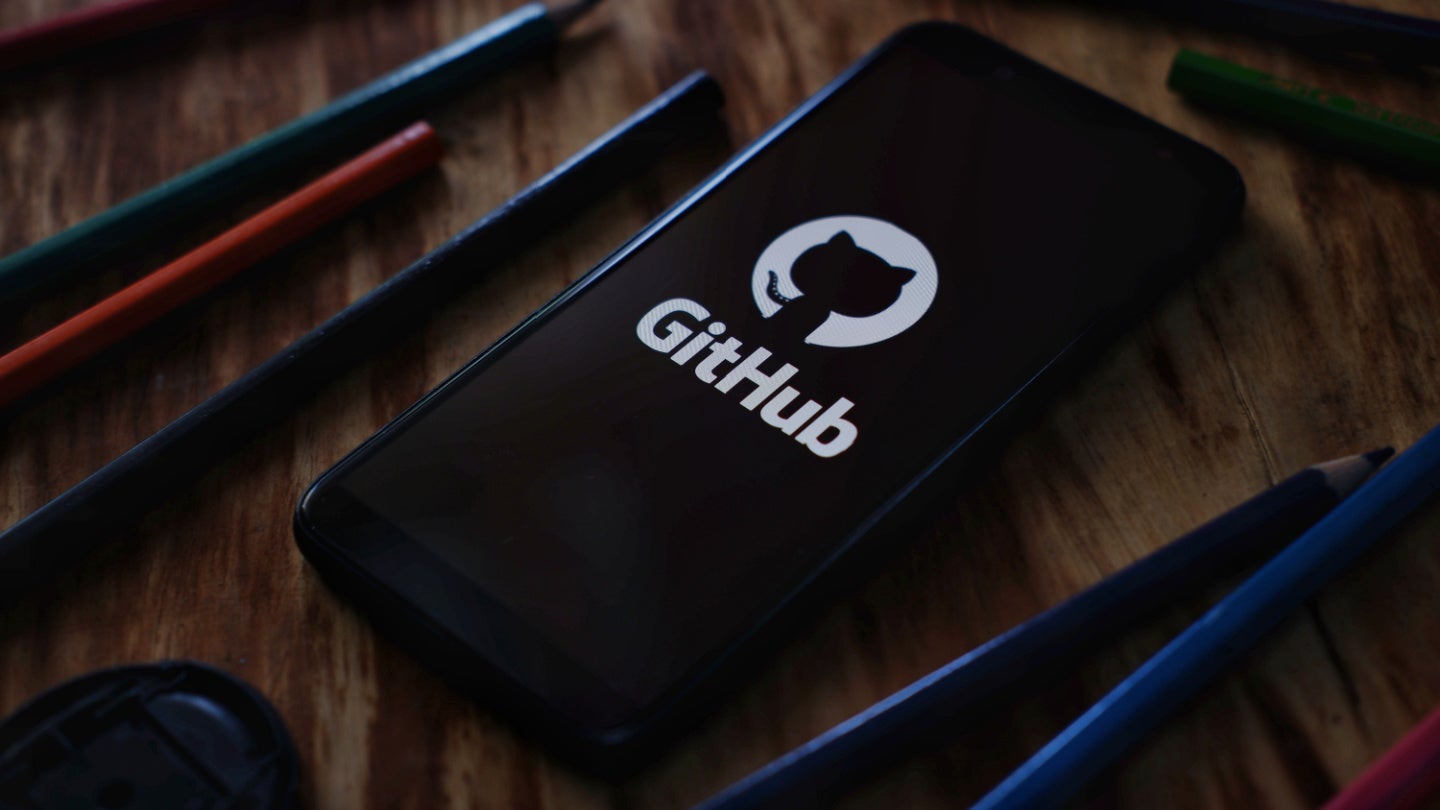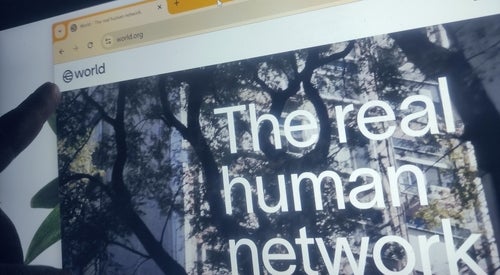A lawsuit has been filed against Copilot (owned by GitHub, a subsidiary of Microsoft) alleging that the companies’ creation of AI-powered coding assistant GitHub Copilot has used code without crediting the creators. Copilot is trained on public repositories of code scraped from the web, many of which are published with licenses that require anyone reusing the code to credit its creators
The need to scrutinize input data
This is a pivotal moment in AI scrutiny and legislation as it is the first known class-action case in the US challenging the training and output of generative AI models. AI itself cannot be held accountable, instead, it is those who create, train, operate, and maintain these systems. As AI becomes more advanced, and it becomes increasingly difficult to understand how outputs are generated, it will be more and more important to scrutinize the inputs. This includes the size and quality of the input data, its origins, and who holds its copyright.
More anger at generative AI
This case against Copilot is reminiscent of the ongoing mass online protests against AI-generated art. Artists have been posting an image reading ‘NO TO AI-GENERATED IMAGES.’ across social media and platforms used to showcase creative’s portfolios like ArtStation (owned by Epic Games). Artists claim that their work has been used to train AI image generators and that they have not been consulted or credited.
The end of open-source libraries?
The consequences of generative AI models not crediting the use of people’s data, code, art, and ideas are very severe. It could ultimately mean the end of open-source licenses. Creators will not add to open-source libraries if they think their licenses will be infringed. This would be devastating as it would hinder AI development and innovation significantly. It would decrease collaboration, transparency, and community support among developers and organizations, and would de-democratize access to software and increase costs for organizations who would have to then purchase proprietary software.
If the AI can be trained to use this data, then it can also be trained to credit the correct parties when doing so. There are a lot of kinks to be straightened out like bias, copyright, and privacy as we become accustomed to this new technology. We must hope that this is done quickly as technology develops so rapidly that the next kink is only around the corner…

US Tariffs are shifting - will you react or anticipate?
Don’t let policy changes catch you off guard. Stay proactive with real-time data and expert analysis.
By GlobalData








